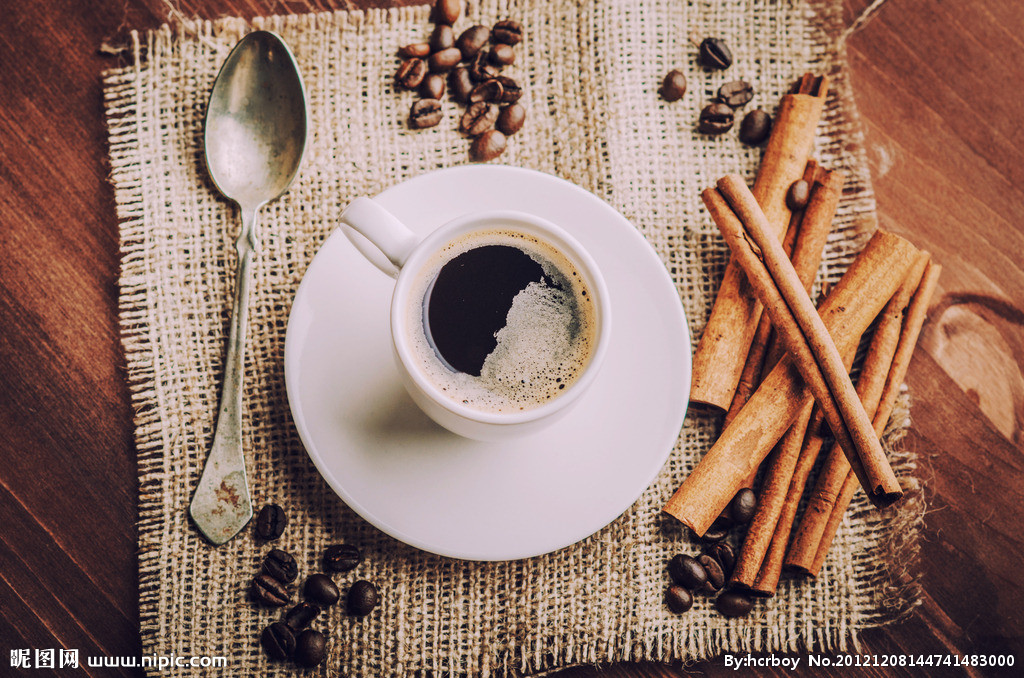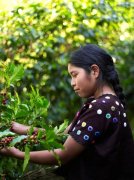Ivory Coast Coffee Coffee World Coffee Coffee cultivation
Boutique coffee has a rich and beautiful taste. Even if the coffee made of boutique coffee beans is not all fine coffee, it depends on whether it gives full play to the characteristics of coffee beans, whether it has a good taste, if not, it can not be called boutique coffee.
In terms of quantity, it is one of the largest producers in the world.
C ô te d'Ivoire te d'lvoire has never produced the best quality coffee, and it rarely comes from Arabian coffee trees. In the early 1980s, it was the world's third-largest coffee producer, with an annual output of 5 million bags. Even today, it is still the fifth largest coffee producer in the world, with an annual output of 4.4 million bags. In terms of coffee production, C ô te d'Ivoire is second only to Indonesia (6.8 million bags per year).
In the 1980s Ivorian coffee produced only 250 kilograms per hectare. This is partly due to poverty, but also to the aging of coffee trees. Lack of investment and lack of long-term business plans have also affected coffee production.
The Government of C ô te d'Ivoire has begun to take positive measures to reverse the situation. The National Coffee Management Committee has been reorganized and streamlined, and some production activities have been transferred to private companies for management. The government provides a minimum price guarantee to farmers who produce high-quality coffee and encourages exporters to buy directly from farmers. Today, 80% of exported coffee has found a market in European Community countries, with the main buyers being France and Italy.
It is worth noting that C ô te d'Ivoire is the main centre of coffee smuggling, with as many as 2600 tons of coffee smuggled between 1993 and 1994, mainly through the neighbouring countries of Mali (Mali) and Guinea (Guinea).

Important Notice :
前街咖啡 FrontStreet Coffee has moved to new addredd:
FrontStreet Coffee Address: 315,Donghua East Road,GuangZhou
Tel:020 38364473
- Prev

Farufer Manor is one of the most interesting coffee plantations in Zimbabwe.
Boutique coffee has a rich and beautiful taste. Even if the coffee made of boutique coffee beans is not all fine coffee, it depends on whether it gives full play to the characteristics of coffee beans, whether it has a good taste, if not, it can not be called boutique coffee. High-quality Arabica coffee beans cater to the needs of foodies. Coffee from Zimbabwe (Zimbabwe)
- Next

Niya coffee mostly grows at an altitude of 1500~2100 meters African boutique coffee Kenyan flavor
Niya coffee is mostly grown at altitudes of 1500 to 2100 meters and harvested twice a year. To make sure only ripe berries are picked, people have to make about seven rounds through the woods. Kenyan coffee is grown by small farmers who harvest the coffee and send it fresh to a cooperative washing station, where the washed, dried coffee is washed into parchment coffee beans (i.e., coated inside).
Related
- Does Rose Summer choose Blue, Green or Red? Detailed explanation of Rose Summer Coffee plots and Classification in Panamanian Jade Manor
- What is the difference between the origin, producing area, processing plant, cooperative and manor of coffee beans?
- How fine does the espresso powder fit? how to grind the espresso?
- Sca coffee roasting degree color card coffee roasting degree 8 roasting color values what do you mean?
- The practice of lattes: how to make lattes at home
- Introduction to Indonesian Fine Coffee beans-- Java Coffee producing area of Indonesian Arabica Coffee
- How much will the flavor of light and medium roasted rose summer be expressed? What baking level is rose summer suitable for?
- Introduction to the characteristics of washing, sun-drying or wet-planing coffee commonly used in Mantenin, Indonesia
- Price characteristics of Arabica Coffee Bean Starbucks introduction to Manning Coffee Bean Taste producing area Variety Manor
- What is the authentic Yega flavor? What are the flavor characteristics of the really excellent Yejasuffi coffee beans?

